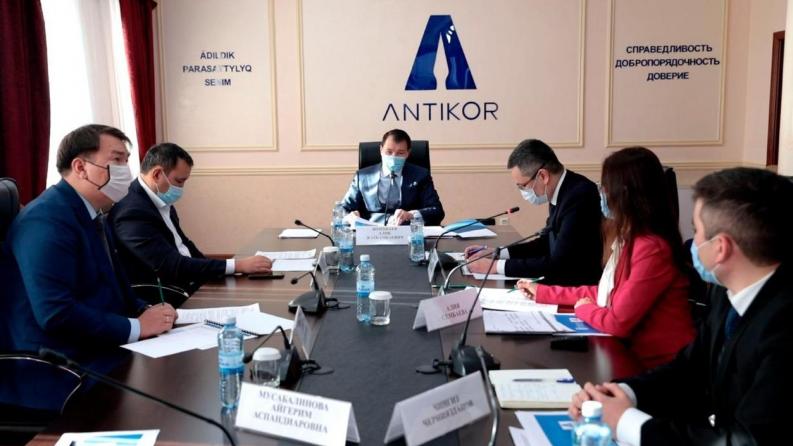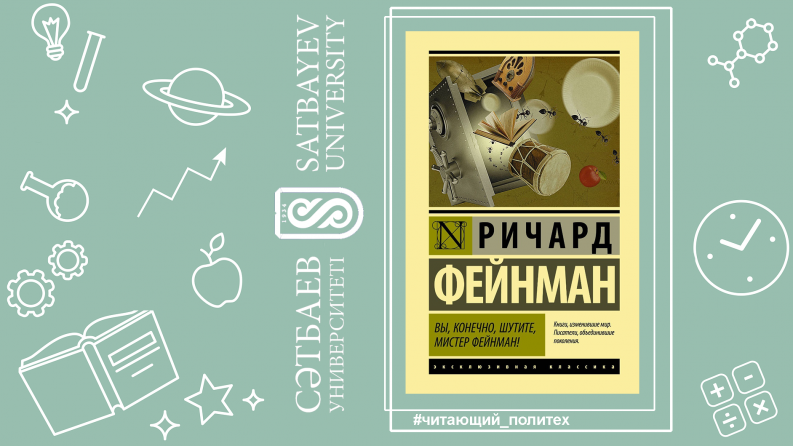Anticor united the scientists compatriots from all over the world

The first meeting of the Scientific Experts Council at Anti-corruption Agency was held under the chairmanship of Alik Shpekbayev with participation of Vice Minister of Education and Science Miras Daulenov, representatives of the Academic Integrity League and “Sanaly Urpak” project office.
The independent expert body was created to implement the President's Address to the people of Kazakhstan dated September 1 this year; in the given document, involvement of science to solve applied problems at the national level is designated as one of the future tasks.
The main directions of the Council's work are forming a proactive scientific and professional community in order to analyze, adapt and implement the best international practices in the fight against corruption, a comprehensive scientific and expert assessment of anti-corruption initiatives, and elaborating project proposals for combating corruption.
The new Anti-corruption consulting and advisory platform has brought together over a hundred young scientists working in leading universities in the UK and other countries and members of the Kazakhstan Association of PhD doctors.
As Alik Shpekbayev noted in his speech, our young scientists, doctors of science, working and studying at the best foreign universities, are ready to contribute to the Republic’s growth that undoubtedly emphasizes the patriotism of Kazakhstan's youth.
"Only at the expense of the budget under the “Bolashak” program, about 150 PhD doctors have already been trained abroad, and the same number are currently being trained. There are many young Kazakhstani professionals working in Google, Deloitte, Facebook and other top companies who are ready to generate ideas. The potential is available and it should be focused on further development of the country, including the fight against corruption," said the Agency's Chairman.
Among the goals and objectives of joint work, he outlined the interaction of scientists in studying the practice of applying international anti-corruption standards by developed countries, and in elaborating mechanisms for their implementation in our republic.
In his speech, Vice-Minister of Education and Science Miras Daulenov supported the cooperation of Anticor and the scientific community, indicating the correctness of approaches to apply the experience and knowledge of Kazakh scientists in the activities of state bodies.
In turn, the President of the Kazakhstan PHD Association in the UK, Aliya Sembayeva, who was elected as the Head of the Council, presented the vision of its further work based on the Association’s successful experience. In her speech, she noted the importance of introducing a science-based approach to the state policy formation based on transparent, competitive and friendly practices.
During the meeting, PhD doctors and doctoral students, including those participating in the event online from Australia, the UK and other European countries, presented their recommendations on how to eliminate corruption risks in certain areas.
Thus, Chingiz Cherniyazdanov, Managing Director for Innovations at Satbayev University, on behalf of the country's leading technical University, brought to the attention of the audience approaches related to the interaction of science and production in Kazakhstan, at the same time, presented proposals for fulfilling the President's assignments regarding R & D. The speaker emphasized the importance of creating favorable conditions for talented scientists both in Kazakhstan and to attract Kazakhstani minds from abroad.
Another project that Council experts have started working on is the problem of corruption in higher education. A group of Council experts (Arman Rakhimov, Anar Mukhtarova, Gulshat Tussupova, Moldir Kabylova) presented solutions based on social research during the meeting.
For their part, the anti-corruption fighters will take measures to implement the elaborated proposals in practice.
The Agency is confident that constructive interaction with the scientific community will significantly improve the effectiveness of the country's anti-corruption policy.










